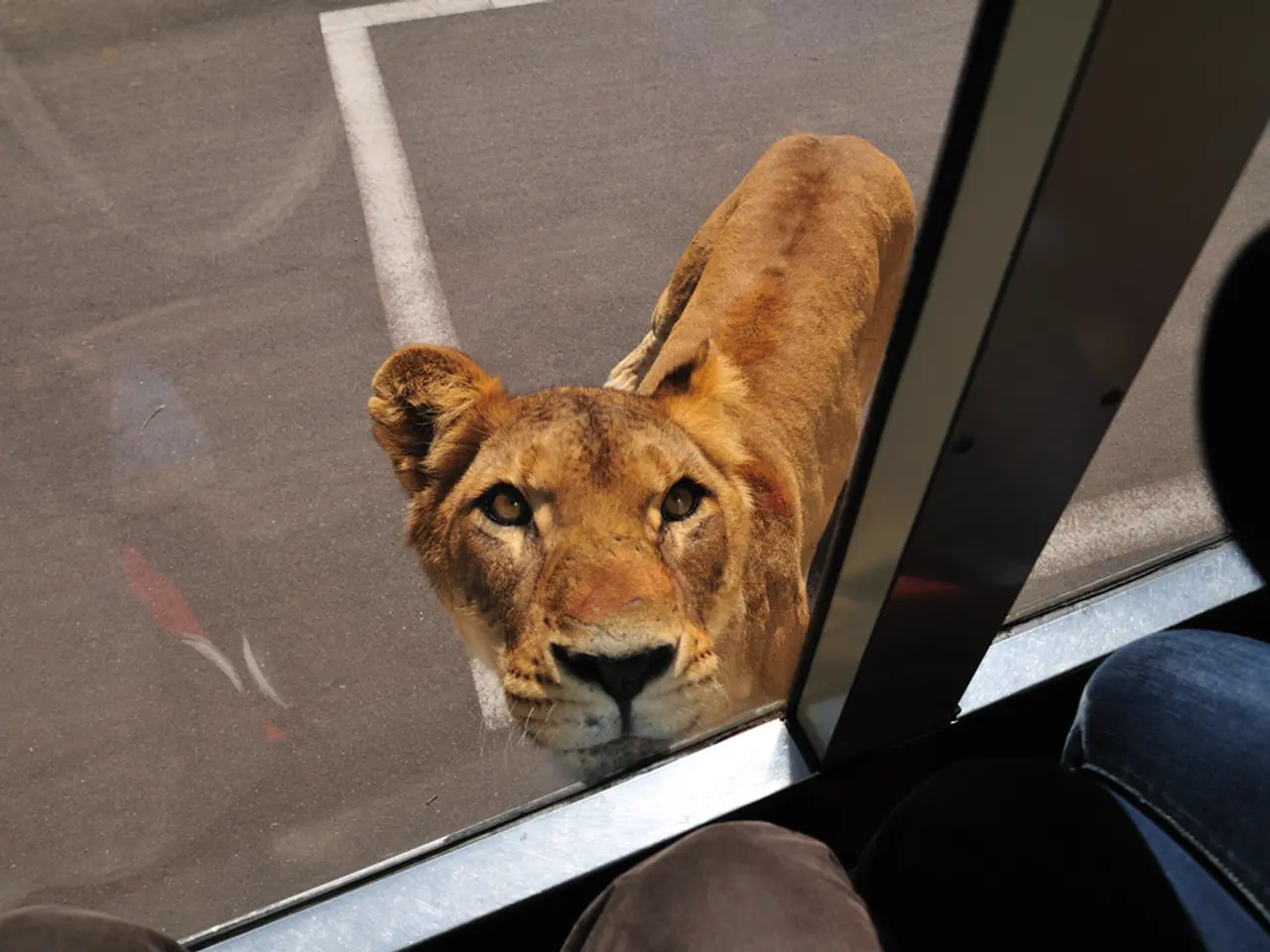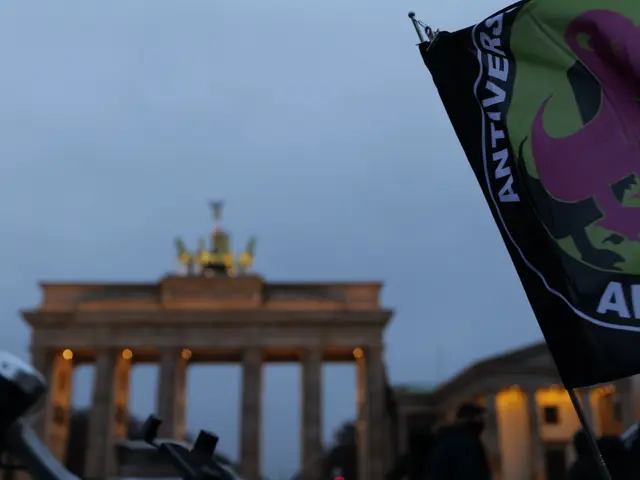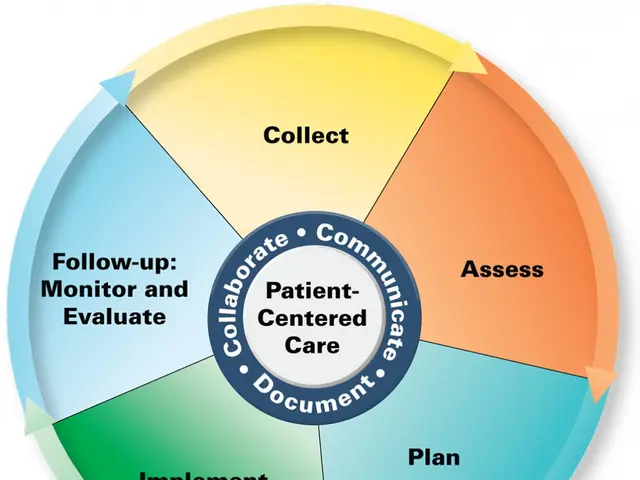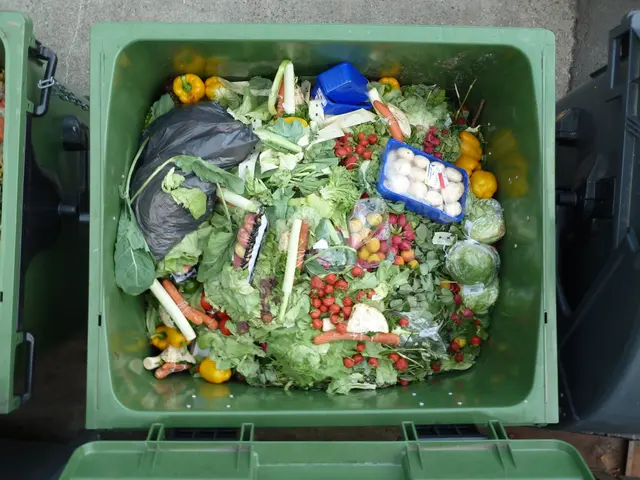The European Launcher Challenge refers to a competition intended to boost European space technology, aiming to discover and support innovative space projects in Europe.
The European Space Agency (ESA) has launched an ambitious initiative called the European Launcher Challenge (ELC), designed to foster the development of new small and medium-sized launch vehicles in Europe. The goal is to boost the competitiveness and diversity of European launch services beyond the traditional large Ariane rockets [2][4].
The ELC operates through a two-stage competitive process. In the first stage, ESA invited European launch service providers to submit proposals in March 2025. The proposals were evaluated based on the technical maturity, business plans, sustainability, and market potential of the companies [2][3]. Five promising candidates were shortlisted in July 2025: Isar Aerospace, Rocket Factory Augsburg (RFA), MaiaSpace, PLD Space, and Orbex [5].
These companies now engage in discussions with ESA and member states to finalize their proposals before the November 2025 ministerial conference, where the final allocation of funding will be decided [1]. Each selected company could receive up to €169 million to support development, testing, and launch services [2].
The ELC provides financial backing, institutional market access, and flight demonstration opportunities for emerging European players. It aims to catalyze innovation in launch vehicle development, encouraging technology development, business maturity, and sustainability [2][4][5]. The program also seeks to develop diverse and innovative solutions in the European space industry, creating jobs from engineers to manufacturing workers, and boosting local economies across member states [6].
MaiaSpace, one of the participating companies, has announced plans to build a 10,000-square-meter factory near Paris to produce its reusable rocket [5]. The competitive approach of the ELC encourages risk-taking and innovation, with lessons learned from any setbacks likely to benefit future efforts [7].
The European Launcher Challenge strengthens Europe's position in the global space market by enhancing its ability to meet diverse launch needs [3]. It addresses the demand for reliable and affordable launches for satellites used in communication, navigation, scientific research, and other applications [8]. By diversifying Europe's launch capabilities, the ELC aims to make space more accessible for European businesses and researchers [2][4].
However, developing new launch vehicles is a complex and costly endeavor, and some companies may face difficulties meeting ESA's technical and financial requirements [7]. The ELC targets a maximum budget of €169 million per challenger to support all activities under two components: launch services to be performed during 2026-2030 and upgrading and demonstrating launch service capacity by at least one flight test [2].
In conclusion, the European Launcher Challenge is a strategic ESA program designed to expand and diversify Europe’s launch capabilities by competitively supporting new small and medium launch vehicle developers with funding, development, and flight demonstration support, thereby fostering innovation in the sector [2][4]. The initiative strengthens Europe's position in the global space market, making space more accessible for European businesses and researchers, and encourages the development of diverse and innovative solutions in the European space industry.
- The European Space Agency's European Launcher Challenge (ELC) aims to boost the competitiveness and diversity of European launch services beyond the traditional large Ariane rockets, providing financial backing, institutional market access, and flight demonstration opportunities for emerging European players in the aerospace industry.
- By fostering innovation in launch vehicle development, the ELC encourages technology development, business maturity, and sustainability, with the goal of creating jobs from engineers to manufacturing workers and boosting local economies across member states, contributing to the space economy.
- The ELC operates through a two-stage competitive process, with selected companies receiving up to €169 million to support development, testing, and launch services, enhancing Europe's position in the global space market by meeting diverse launch needs and making space more accessible for European businesses and researchers.
- Companies participating in the ELC, such as Isar Aerospace, Rocket Factory Augsburg (RFA), MaiaSpace, PLD Space, and Orbex, need to meet ESA's technical and financial requirements, as developing new launch vehicles is a complex and costly endeavor.
- The program also seeks to develop diverse and innovative solutions in the European space and astronomy industry, with lessons learned from any setbacks likely to benefit future efforts, encouraging risk-taking and innovation in the aerospace sector.








